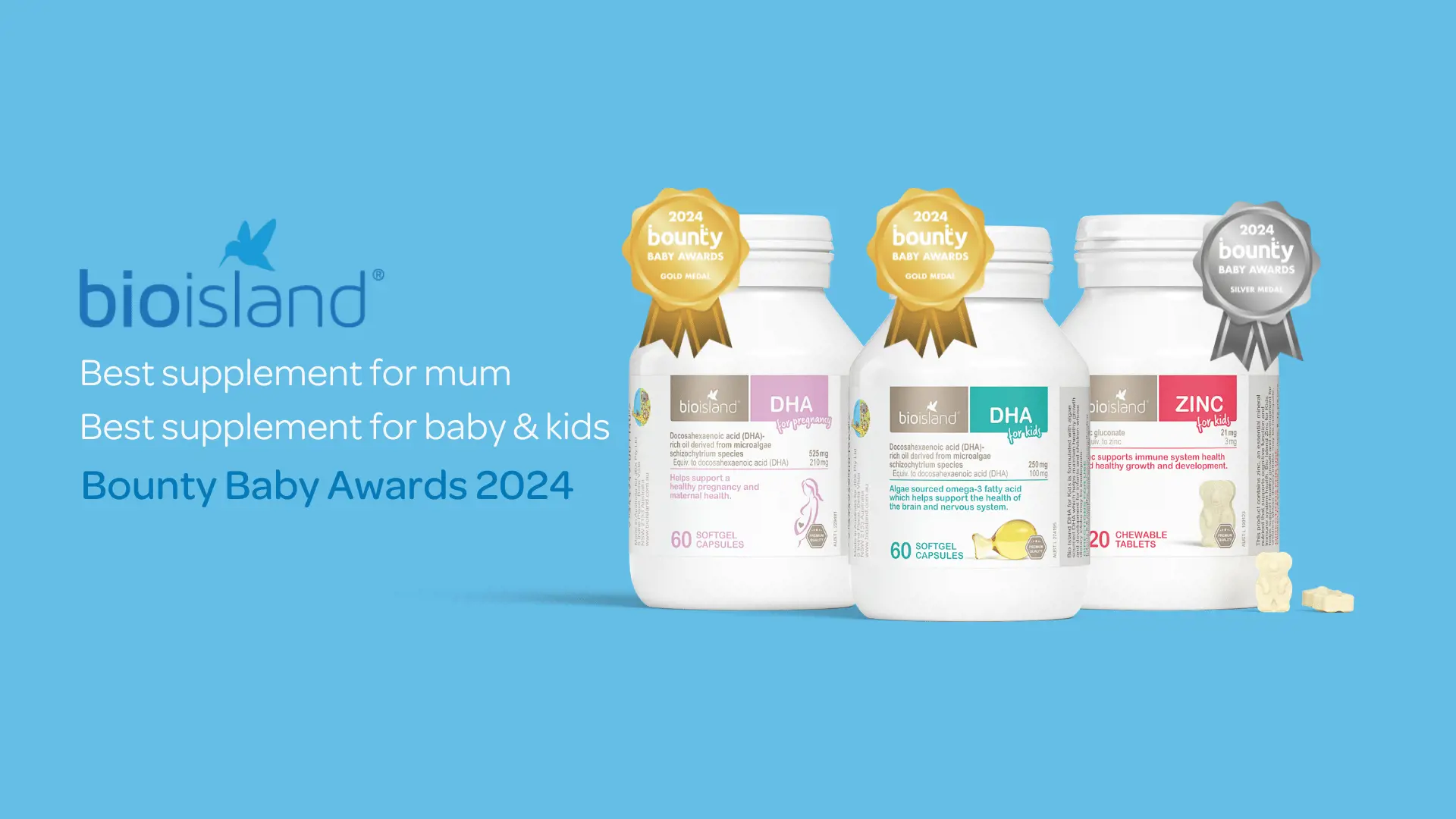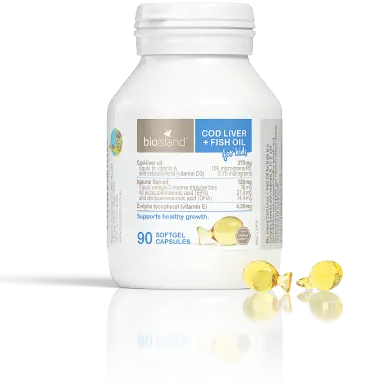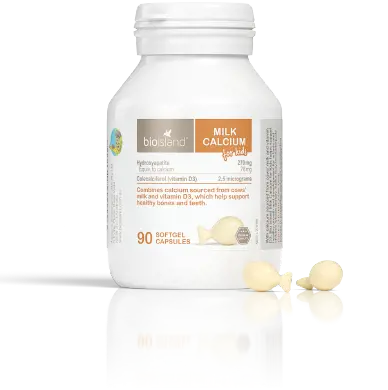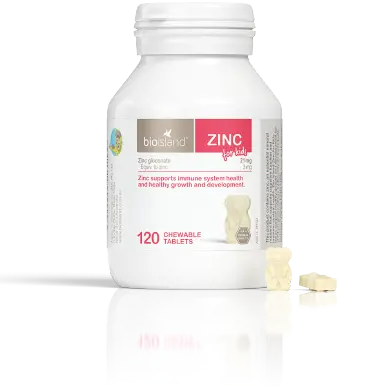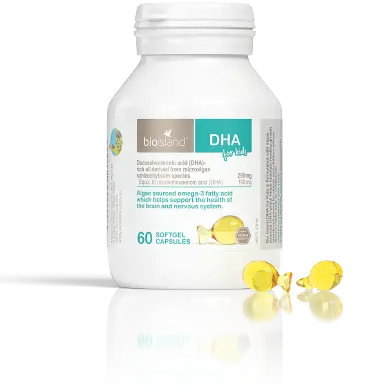
Things that impact your child's gut health and how to help boost it.
Up until five years of age, a child’s microbiome is still changing meaning that it is the perfect time to help your child build a strong and healthy gut.
Child & Baby Health
By Bio Island Nutrition Team
Gut health has been a hot topic of discussion over the last few years as we start to understand more and more about the importance of a healthy gut. Our gut is made up of trillions of microorganisms and plays a crucial role in a child’s development. Up until five years of age, a child’s microbiome is still changing meaning that it is the perfect time to help your child build a strong and healthy gut. As they get older, and their microbiome is more established it becomes harder to change.
The bacteria found in our gut is important for reducing the risk of illness and disease and in keeping children healthy both physically and mentally. This is because the gut plays a part in many important functions including aiding digestion and the absorption of nutrients as well as the elimination of waste.
Symptoms that your child’s gut may not be functioning optimally include:
- Stomach aches or other digestive issues such as bloating, constipation and / or diarrhoea
- Weakened immune system, for example recurrent ear infections or constant colds & flu.
- Poor sleep
- Changes in mood
- Fatigue and poor concentration
- Skin conditions such as eczema
- Behaviour issues
- Allergies
Infections, medications, and our environment can all negatively impact on our gut health. However, there are also several things that impact on your child’s gut health which are also the very thing that can boost it as well.
Diet
It is important to avoid foods which are high in sugar as these foods supress the immune system and feed bad bacteria. Instead focus on good quality protein sources to help build the antibodies in turn which help to fight infection.
Fibre is found in fruits and vegetables and helps to keep your child’s bowel movements regular and avoid constipation and diarrhoea. A wide variety of these foods will ensure that your child is getting both insoluble and soluble fibre as well as resistant starch to keep the digestive tract healthy and promote a balanced gut microbiome.
Fermented foods such as plain yoghurt and kefir are important foods to include in your child’s diet to ensure that they are getting sufficient probiotics which will also promote healthy gut bacteria. Be mindful when purchasing these products though as many can be high in added sugar and look out for yoghurt options that contain live cultures. It is also important to introduce these foods slowly into the diet as going too hard too fast can upset your gut rather than help it.
Water
When our bodies are dehydrated you are more likely to experience constipation, which is never pleasant for an adult let alone a child. Dehydration can also lead to a weakened immune system and poor nutrient absorption. Ensuring your child is adequately hydrated will aid in digestion and help to prevent digestive issues.
Sleep and Exercise
Sleep and our gut microbiome work hand in hand. A lack of sleep can be detrimental to gut health due to increased stress in the body however adequate sleep can help to restore gut health. Develop night-time routines with your child that focus on relaxing and winding down to promote good quality sleep. During this time, limit screen exposure and instead spend time reading a book and having a bath. It is also important that your child is getting sufficient sun exposure and vitamin D throughout the day. Regular physical activity and exercise will also help to improve sleep but also increase good bacteria in our gut.
This information does not take into account your personal situation and is general in nature. You should consider whether the information is appropriate for your needs and seek professional medical advice.
Always consult your healthcare professional before taking any supplements or if any concerns arise.


